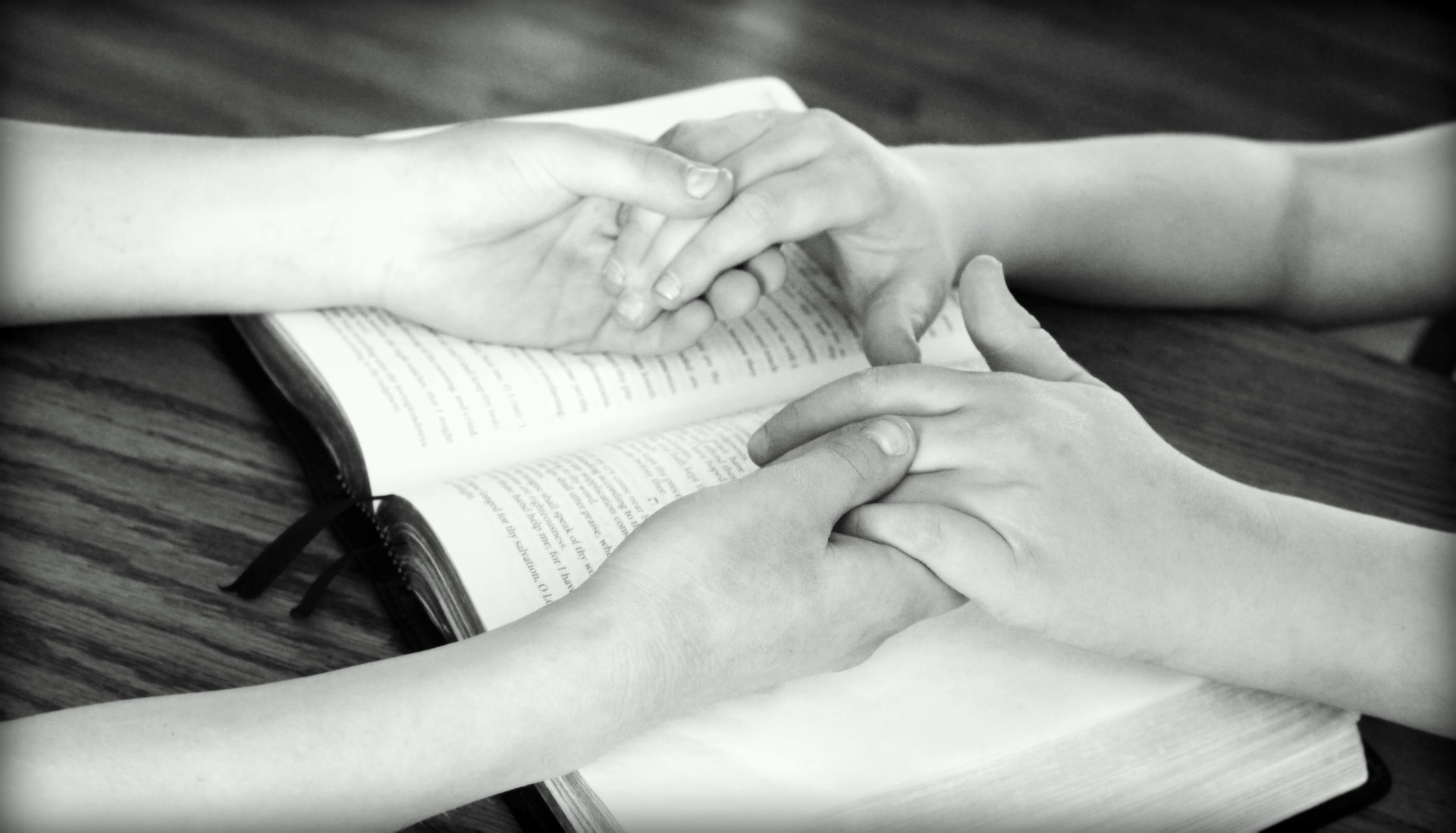Second Sunday of Easter
Sister Sia Nyasari Temu, MM
April 28, 2019 12:00 am
Acts 5:12- 16 ; Psalms 118: 2 -4, 13-15,22-24; Revelation 1: 9 -11, 12-13, 17- 19; John 20: 19-31
Maryknoll Sister Sia Nyasari Temu reflects on the freedom from fear that the resurrection brings for all who follow Jesus.
Renowned University of Chicago philosopher Martha Nussbaum explores the role of fear in the 2016 election of President Donald Trump in her book “The Monarchy of Fear: A Philosopher Looks at Our Political Crisis.”
“… Fear leads, then, to aggressive ‘othering’ strategies rather than to useful analysis. … When people are afraid of one another and of an unknown future, fear easily gives rise to scapegoating, to fantasies of payback, and to poisonous envy of the fortunate…”
Professor Nussbaum captures the essence of this Sunday’s readings, that is, freedom from fear as the bulwark of authentic witness. Fear and anxiety characterized Jesus’ disciples after his crucifixion because Jesus was no longer with them.
The experience of fear by the disciples did not happen only after the crucifixion, however. They experienced fear whenever Jesus was absent. For example, when they experienced the storm at sea and their boat was sinking, they were terrified. Now, in the story of Jesus’ resurrection, we are told “on the evening of the first day of the week, when the doors were locked, where the disciples were for the fear of the Jews, Jesus came and stood in their midst and said to them, ‘Peace be with you’…the disciples rejoiced when they saw the Lord.”(John 20:19-20).
Jesus lived with the disciples long enough to know their burden of fear. He also was aware that they desired change in their lives and the freedom to become true witnesses to the resurrection. They needed courage to challenge the oppressive structures both in their society and Jewish religion.
Having Jesus with them was a source of consolation because Jesus was free of fear. Jesus was aware of who he was and his mission, which he bravely stated in Luke 4:18-19 “the spirit of the Lord is upon me…” This is why the greatest gift Jesus offers to his followers is his Spirit, the spirit of freedom, which can set all of us free and, in turn, compels us to go out and testify to this experience, to speak with conviction about our experience of the risen Christ who is now present in our midst.
After seeing the risen Jesus, the disciples are no longer filled with fear. They possess new confidence to speak boldly about the values of Jesus, who was killed and rose from the dead. The Scriptures tell us, “many signs and wonders were done among the people at hands of the apostles.…great number of men and women were added to them.” Acts (5:12, 13b).
With Jesus, the disciples experienced a power far greater than their own, through the Holy Spirit. They were made free of their yoke and chains of fear which they carried into the “closed room.” The closed room represents the disciples’ fears and anxiety which blocked them from seeing Jesus. Jesus brought them freedom by breaking into their inner room of fear. They realized how powerful they were when they accepted God’s power at work in and through them.
I recall times in my own life when, like the disciples, I have been afraid to be an authentic witness when confronted with the powers that be. At times this has happened because I am benefiting from the social structure. Just as the disciples needed time for solitude to get in touch with their fear and anxiety, to feel the weight of it, and experience the imminent death which will befall them if this fear is not transformed, I too have needed to experience the chains of my fear, to be aware of the life threats they pose, and to be ready to surrender to the risen Lord and receive his gift of freedom.
In the Gospel reading, Jesus not only gives his disciples the gift of freedom, he also gives them the capacity to extend God’s mercy and forgiveness to each other. It is the presence of the Holy Spirit that enables us to experience healing and forgiveness of one another. For the disciples to be authentic witnesses, they needed to embrace his gift of freedom, to live in that space and act with conviction that the Holy Spirit, the Spirit of the risen Lord, is indeed with them.
Finally, when Thomas heard that the rest of the disciples had seen the Lord, and he saw the extent of their joy and conviction, he desired to have his own encounter with the risen Lord. He did not want to rest his faith on just hearsay. The Scripture tells us the moment Thomas encountered the risen Christ, he was completely transformed and out of his conviction he was able to utter the profound statement of faith: “my Lord and my God.”
We can learn some things from Thomas. We are invited to experience the power of the risen Christ in our lives, and to be open for that power to transform us from fearful beings to authentic witnesses for Christ. Nussbaum provides us an image in which fear closes us from experiencing the stranger with freedom. We become aggressive, suspicious, and anxious whenever we encounter others. This fear, my dear friends, is real in our world where we are afraid of refugees, migrants, homosexuals, and other human categories. If we do not anchor ourselves in the experience of the Risen One, we might easily fall in the same trap of being paralyzed by our fear and discriminate against the very same people through whom the risen one meets us today.

